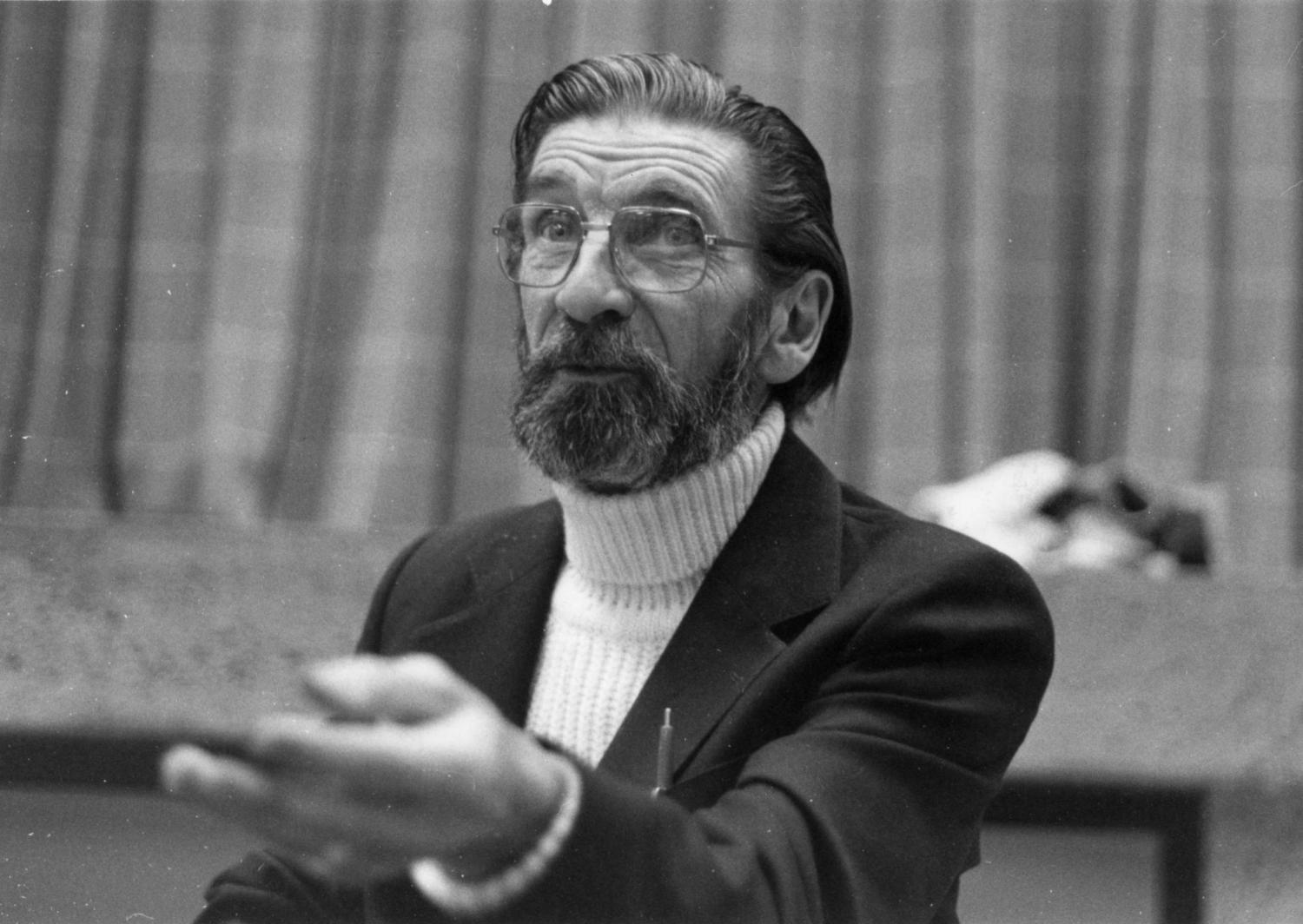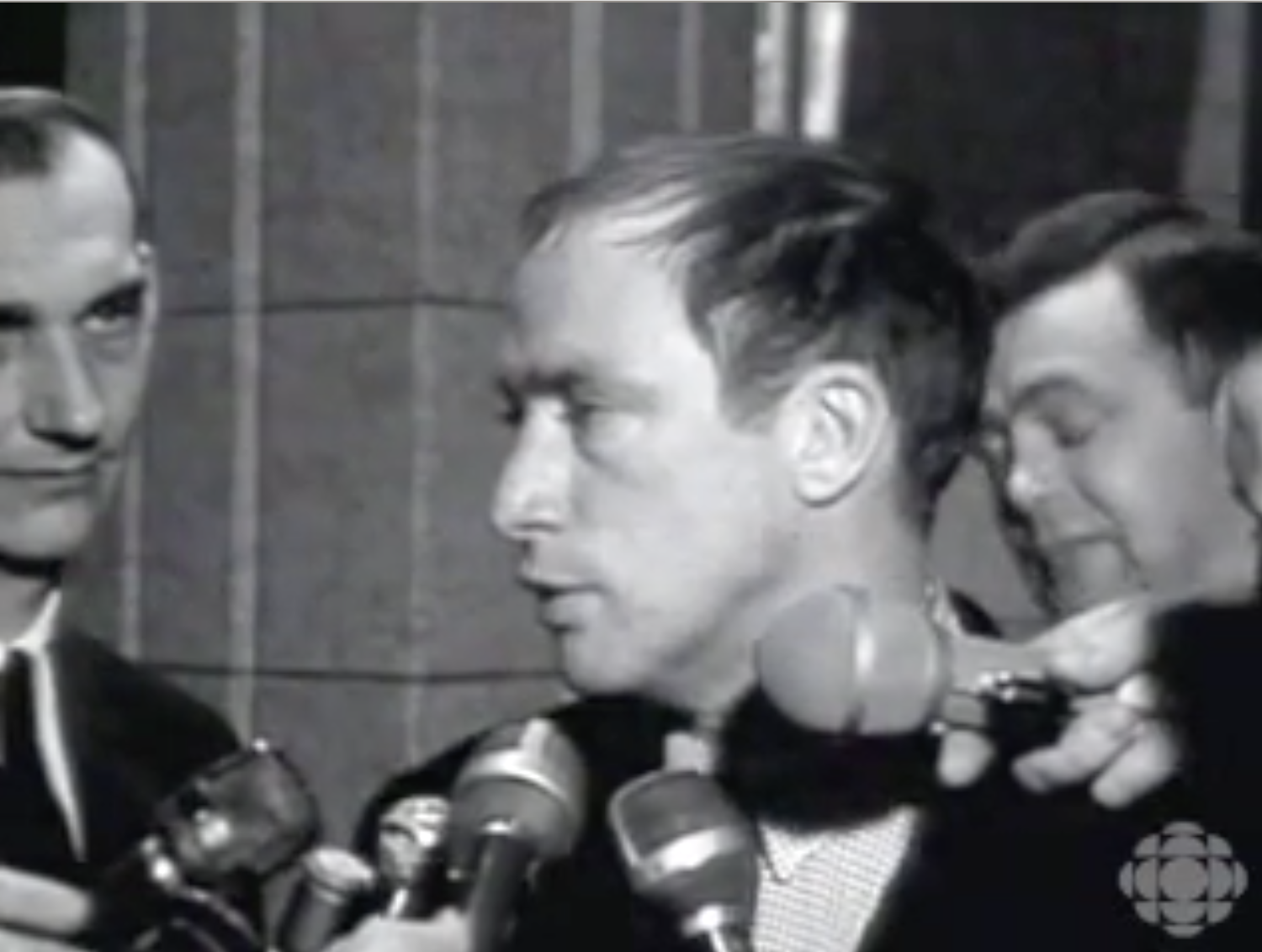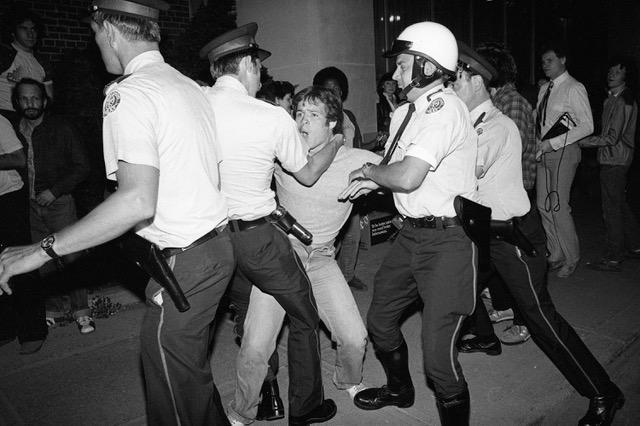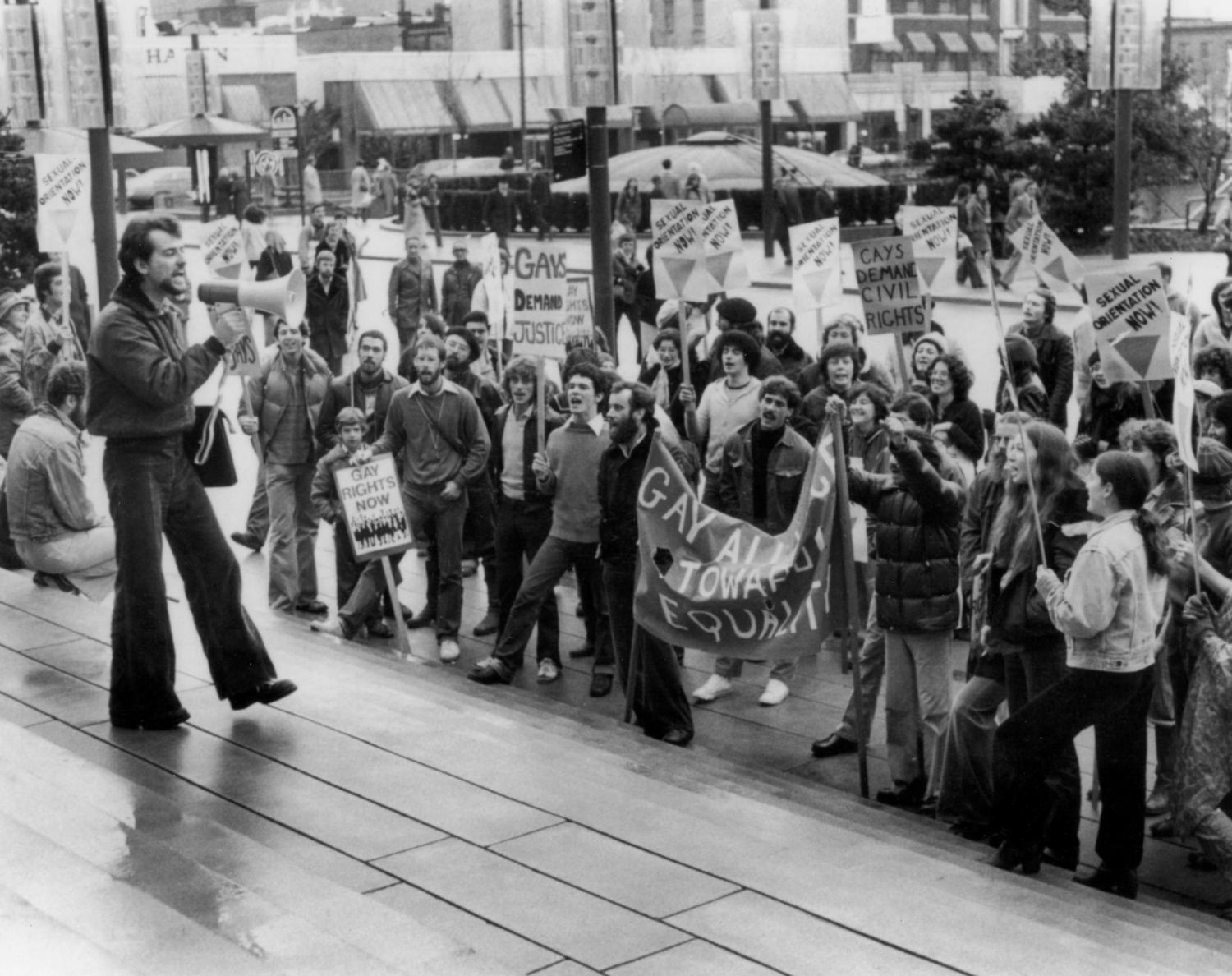Homosexuality Decriminalized
Parliament passes Bill C-150, yet homophobia persists
Date: 1969
Even before Confederation, Canada had outlawed homosexuality. Same-sex relations were technically punishable by death, reflecting a time in Western history hostile to homosexuality. But in 1868, when the Dominion of Canada was only one year old, the Criminal Code would instead prescribe jail time and flogging for what it deemed an "act of gross indecency." Homosexuality was viewed as a cross between an illness, an act of sexual deviance, and evidence of immorality; those who were found out were often stigmatized socially and professionally.
By the mid-20th century, things were finally starting to change. Maintaining a degree of anonymity, gay rights activists across the country began writing in support of decriminalization as early as 1949. By 1964, mainstream media had even turned sympathetic with Maclean's Magazine running a historic two-part series entitled "The Homosexual Next Door." That same year, Canada would get its first gay rights organization, the Association for Social Knowledge (ASK), which formed in Vancouver. In addition to the public lectures it sponsored and the discussion groups it organized, ASK also published and distributed a newsletter and opened Canada's first gay and lesbian community centre, located along Kingsway in East Vancouver.
"It was an exhilarating time to be young and alive," said archivist and librarian Ron Dutton, who has been running B.C.'s Gay and Lesbian Archives since 1976. Vancouver had become a hub of counterculture in the 1960s, and Dutton had immersed himself in the scene, actively participating in the anti-war and civil rights movements, among others. Now, that sense of agency was spilling over into a nascent gay rights movement. "We were picketing, we were marching and demonstrating, we were having rap sessions and writing manifestos and publishing newspapers… There was this palpable sense in the air that we were changing history," he later said. "There was a new narrative, and we were going to be the ones writing that narrative."
This sense of optimism hit a stumbling block in 1965 when a man in the Northwest Territories, Everett George Klippert, was arrested for the crime of being gay. He was sentenced to an indefinite prison term, and his imprisonment galvanized national debate on decriminalization. In 1967, then-Justice Minister Pierre Elliott Trudeau introduced an omnibus bill that looked to decriminalize homosexuality, as well as tackle abortion rights and divorce. "The view we take here is there's no place for the state in the bedrooms of the nation," Trudeau famously told reporters. Bill C-150, the final version of the bill, was finally passed in the summer of 1969, Trudeau then more than a year into his time as prime minister. On Aug. 26, 1969, the new law went into effect; Klippert would be released from jail two years later, on July 20, 1971.
Legalization did not eradicate widespread homophobia, though. At the time, 41 per cent of Canada's population believed consensual same-sex relations should remain criminal. To pass the bill, then-Justice Minister John Turner had to assure voters that there was "nothing" in it "which would condone homosexuality, endorse it, [or] advertise it in any way whatsoever." After the Criminal Code was amended, gay men were still targeted by police for charges of "gross indecency." From 1968 to 2004, more than 1,300 men were charged across Canada for violating the bawdy-house law by visiting a gay bar or bathhouse. Many gay men chose to live a closeted existence as a result.
Attitudes would change only incrementally. In the 1970s, campaigns for "gay liberation" were launched. At first, Canadians much such efforts with disdain, but small marches turned into celebrations as more and more in the LGBT community came out of the closet. Finally, in 2003, British Columbia would legalize same-sex marriage: only the second jurisdiction in North America to do so. Two years later, marriage equality would be legalized on a national scale — an achievement only reached by three countries prior to Canada.
In 2017, the federal government issued a formal apology for historical injustices committed against the LGBT community. It had been 50 years since Bill C-150 was passed, a bill that, for all its imperfections, was an important milestone in the fight for human rights in Canada. Today, Vancouver remains home to the largest Two-spirit, lesbian, gay, bisexual, trans, gender diverse and queer (2SLGBTQ+) community in Western Canada.
Sources:
- "A Brief LGBTQ+ Canadian History." Northreach Society, https://northreach.ca/education-2/lgbtq/a-brief-lgbtq-canadian-history/. Accessed 5 May 2021.
- Belshaw, John, and Tracy Penny Light. "Queer and Other Histories." Canadian History: Post-Confederation, 17 May 2016, https://opentextbc.ca/postconfederation/chapter/12-7-hidden-histories/.
- "2SLGBTQ+ Community." City of Vancouver, https://vancouver.ca/people-programs/lgbtq-community.aspx. Accessed 5 May 2021.
- Gill, Jordan. "Stigma Didn’t End with Decriminalization, Says LGBT Heritage Group." CBC, 15 May 2019, https://www.cbc.ca/news/canada/new-brunswick/stigma-decriminalization-homosexuality-heritage-1.5137373.
- Harris, Kathleen. "New Gay Rights Coin Divides LGBT Community — and Outrages Social Conservatives." CBC, 23 Apr. 2019, https://www.cbc.ca/news/politics/mint-coin-loonie-homosexual-rights-1.5095317.
- Harris, Michael. "Our Battles, Our Own Battlefield: Canada’s First Gay Organization Began Right Here." Xtra, 10 Nov. 2004, https://xtramagazine.com/our-battles-our-own-battlefield-40676.
- Hooper, Tom. "Canada Is Releasing a Coin Commemorating a Myth — That Homosexuality Was Decriminalized in 1969." CBC, 22 Apr. 2019, https://www.cbc.ca/news/opinion/canada-coin-1.5100177.
- Lee, John. "Homosexuality." The Canadian Encyclopedia, 19 Sept. 2007, https://www.thecanadianencyclopedia.ca/en/article/homosexuality.
- McLeod, Donald. "Jim Egan." The Canadian Encyclopedia, 10 Apr. 2018, https://www.thecanadianencyclopedia.ca/en/article/jim-egan.
- Rothon, Robert. "The Decriminalization of Homosexuality." Xtra, 30 Aug. 2006, https://xtramagazine.com/the-decriminalization-of-homosexuality-20785.
- Schierman, Wyatt James. "It’s Been 50 Years since Being Gay Stopped Being a Crime." Toronto Star, 29 Mar. 2019, https://www.thestar.com/opinion/contributors/2019/03/29/its-been-50-years-since-being-gay-stopped-being-a-crime.html.





